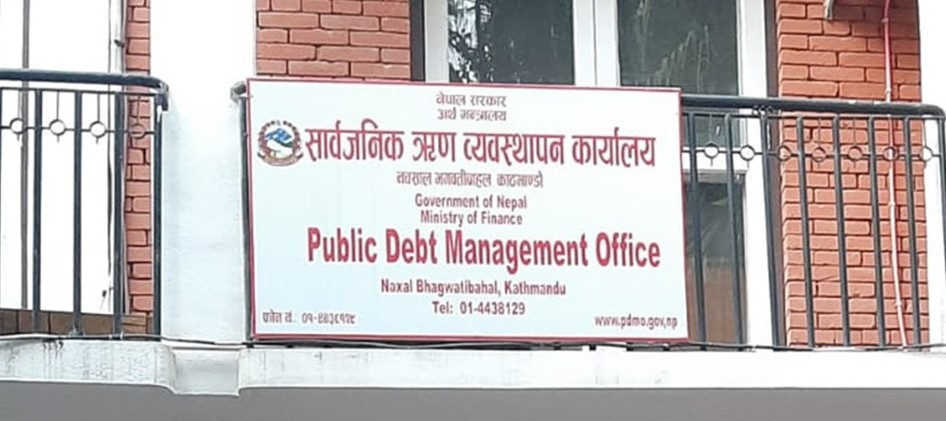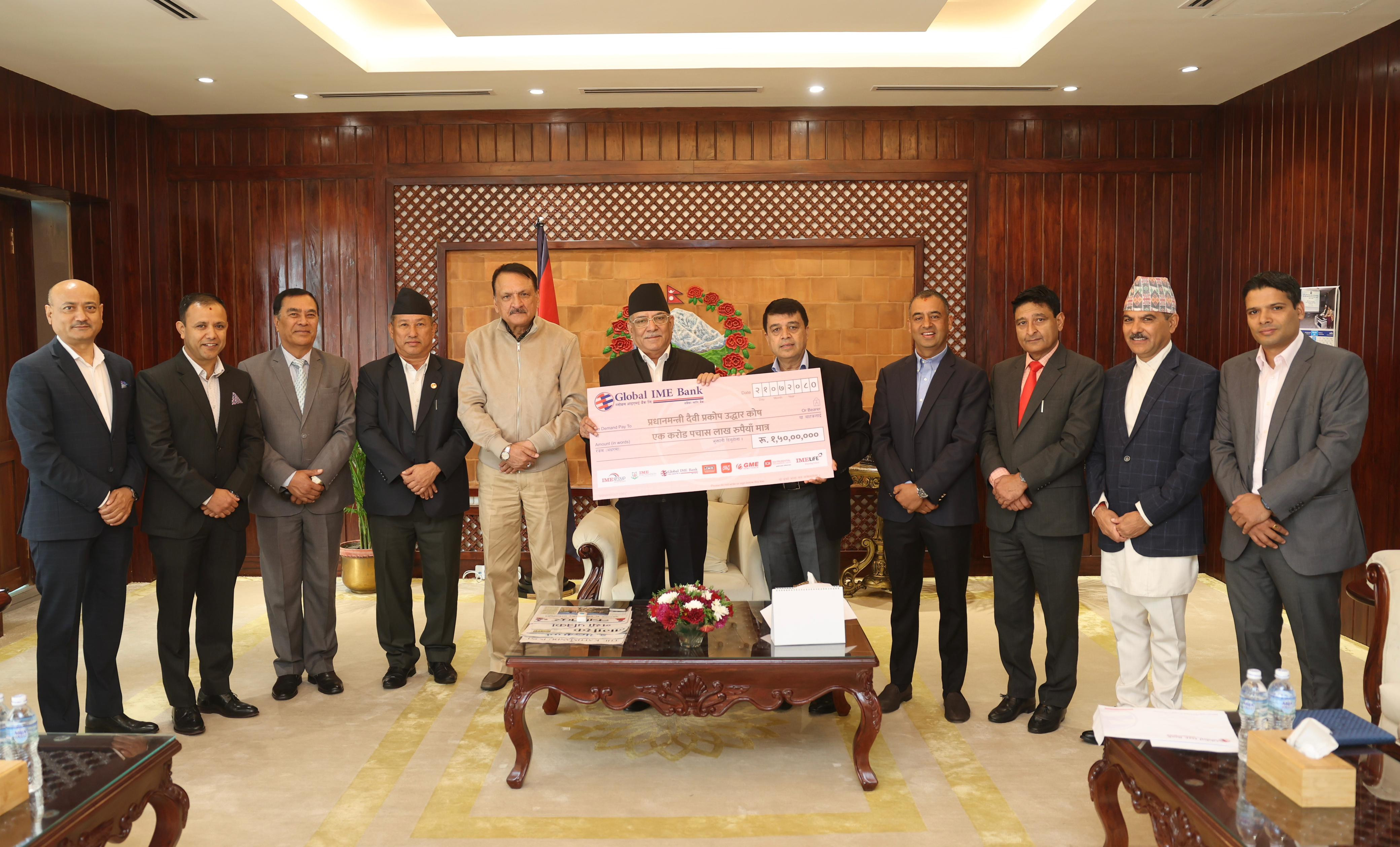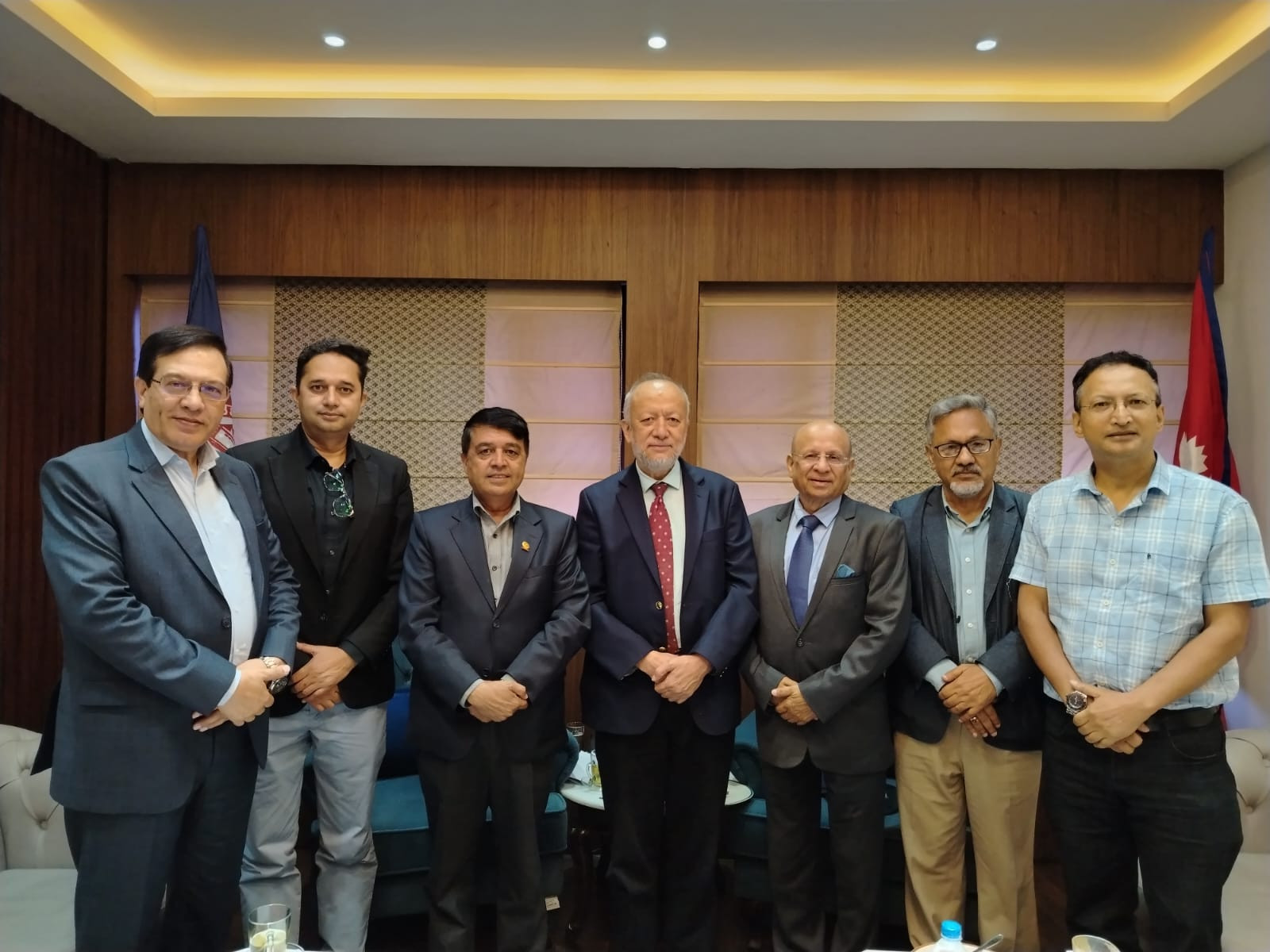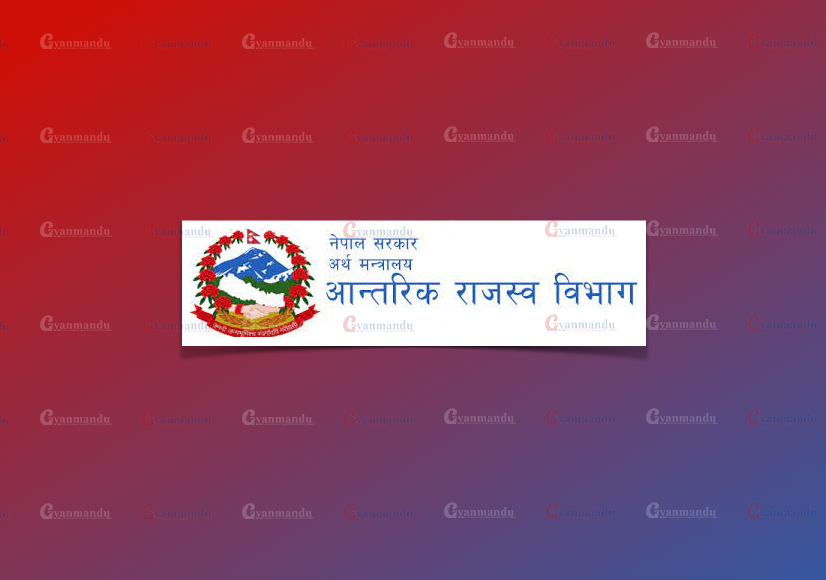President of the Federation of Nepalese Chambers of Commerce and Industry (FNCCI), Chandra Prasad Dhakal, called for stable policies, private sector investment and stronger international partnerships.
During his address at the 113th session of the International Labour Conference in Geneva on Monday, Dhakal emphasized the critical role of the private sector in creating decent work and driving inclusive economic growth.
Speaking to delegates from governments, workers’ organizations and employer groups, he praised the ILO’s tripartite model for fostering collaboration among key actors in the global labour market.
“We all have different roles but we share one common goal, to create an environment for businesses to grow and to make sure work is decent,” he said. “This is why the ILO’s model is so important, and we at FNCCI are proud to be a part of it.”
President Dhakal welcomed the ILO Director-General’s report for 2025, which focuses on linking job creation with rights and inclusive growth through investment-driven development.
He underscored the need for business-friendly and stable policy environments in developing countries like Nepal to attract long-term investment.
“In Nepal, we have worked closely with the government, proposing changes to 30 laws related to investment. These have been amended, and a new Bilateral Investment Agreement framework has been passed,” he said, adding that such reforms not only support existing formal businesses but also encourage informal enterprises to register and join the mainstream economy.
As a result of these efforts, Nepal has been selected as one of four global “champion countries” for formalizing its economy.
Dhakal said this recognition reflects the country’s commitment to labour standards and international obligations, as well as a readiness to welcome responsible foreign investment.
FNCCI President Dhakal also highlighted Nepal’s vast economic potential from hydropower and tourism to agriculture and information technology backed by the country’s unique geography and strategic location between two major economies, India and China.
“Nepal offers investors access not only to the local market but also to the massive markets of China and India,” he said. “Even after Nepal graduates from LDC status in 2026, duty-free access to these markets will remain, alongside trade preferences with Europe and America.”
In addition to promoting private equity and venture capital, Dhakal stressed the need for climate financing for vulnerable nations like Nepal, which contributes minimally to global emissions but bears the brunt of climate impacts.
“To protect the ‘roof of the world,’ we need significant international support,” he said, calling for special provisions for mountain and island countries in terms of market access and development assistance.
The FNCCI has also established an FDI support desk to facilitate international investments and has signed a memorandum of understanding with workers’ organizations to strengthen public-private dialogue and partnerships.
“As Nepal prepares to exit LDC status, we are committed to creating decent jobs through higher economic growth,” Dhakal concluded.
“We are ready to work with all of you to build a better, more inclusive future for Nepal and for the world.”
The International Labour Conference, hosted annually by the International Labour Organization, brings together stakeholders from across the globe to shape labour standards, discuss global employment trends, and promote decent work for all.
President Dhakal Calls for Investment-Friendly Reforms and Global Partnerships at ILO Conference

यो खबर पढेर तपाईलाई कस्तो महसुस भयो ?
0%


0%


0%


0%


0%


0%




























